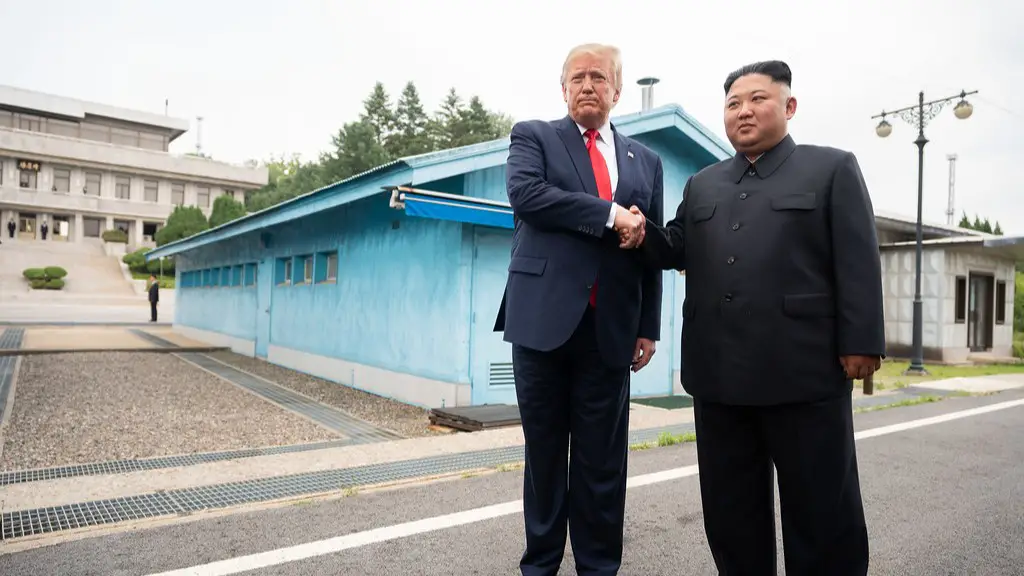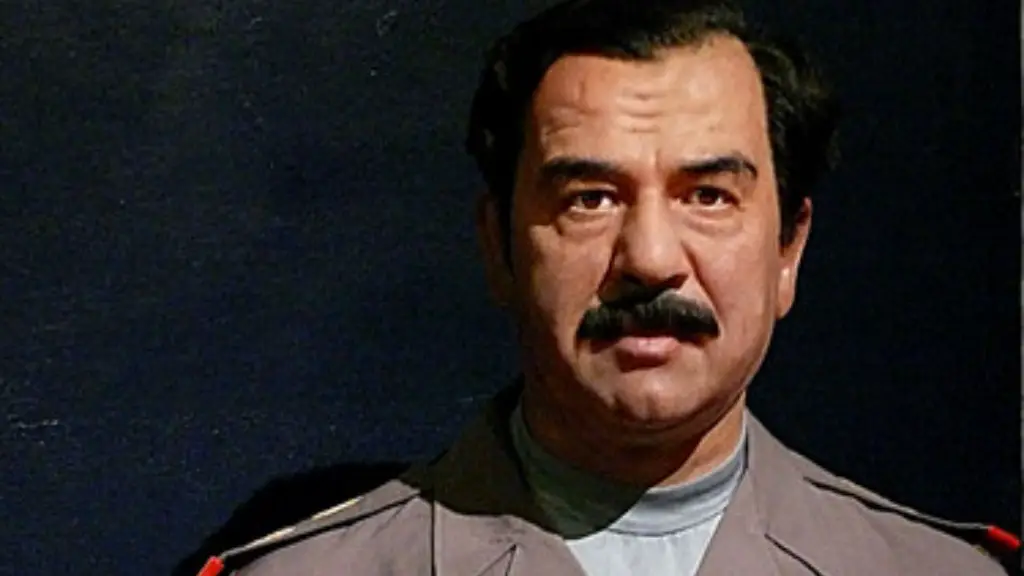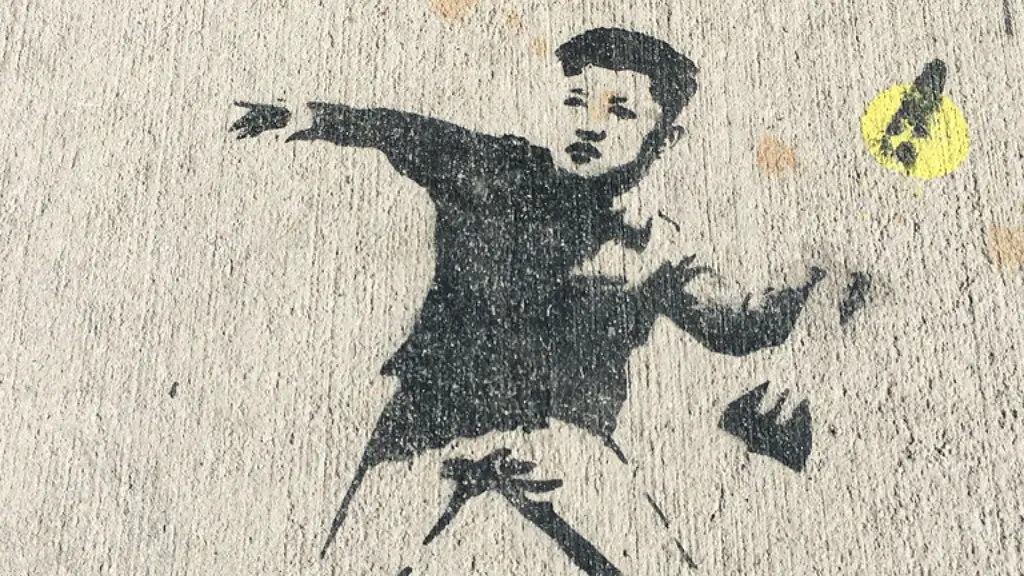Since taking power in 2011, North Korean leader Kim Jong Un has issued a number of decrees and directives that have been publicized widely in the North Korean state media. These pronouncements have gone a long way in shaping the cult of personality around Kim Jong Un and his family, and have provided insight into what North Koreans are expected to believe about their leader.
One of the most notable examples of this is the “Three Principles of the People,” which were announced by Kim Jong Un in 2012. These principles essentially state that the North Korean people should put the worker class first, follow the guidance of the ruling party, and uphold the principle of military-first politics. In addition to these principles, North Koreans are also expected to believe that Kim Jong Un is a benevolent and all-knowing leader who always has the best interests of the North Korean people at heart.
North Korea’s official state ideology is called “Juche” which prioritized self-reliance. Kim Jong Un is considered the supreme leader and his family is considered to have a divine right to rule. The government promotes a cult of personality around the family and Juche ideology.
What do North Koreans call Kim Jong Un?
In North Korea, Kim Jong-un is referred to as “Respected Comrade Kim Jong-un”, “Respected Comrade General Secretary”, or “Marshal”. These titles emphasize his authority and position within the country.
Kim Jong-un is the current leader of North Korea, and he has been known to be ruthless in his actions. He has ordered the purge or execution of several North Korean officials, and is also believed to have ordered the 2017 assassination of his half-brother, Kim Jong-nam, in Malaysia. Kim Jong-un is not to be underestimated, and it is clear that he will do whatever he feels is necessary to maintain his power.
What are North Koreans not allowed to do
If you’re traveling to North Korea, it’s important to be aware of the country’s strict laws about what you can bring in. Religious, pornographic, and political items are all illegal, and you must declare all published material and electronic devices when you arrive. It’s also illegal to knowingly or unknowingly possess items that breach North Korean law.
The Department of State warns U.S. citizens not to travel to North Korea due to the risk of arrest and long-term detention under North Korea’s system of law enforcement. This system imposes arbitrary punishments for actions that would not be considered crimes in the United States, and lacks basic protections for due process and the presumption of innocence. U.S. citizens who choose to travel to North Korea despite these warnings are strongly advised to exercise increased caution.
Can North Koreans leave North Korea?
North Korean citizens usually cannot freely travel around the country, let alone travel abroad. Emigration and immigration are strictly controlled. This control is due to the government’s fear of its citizens leaving the country and defecting. As a result, many North Koreans are unable to visit their families who live in other parts of the country.
The North Korean government does not recognise dual nationality for its citizens. If a North Korean citizen obtained another nationality, they would have to give up their North Korean citizenship. North Koreans are not allowed to travel outside of North Korea unless they defect to another country.
Are North Koreans allowed to leave to South Korea?
Since North Korea follows a socialist system, the government needs to grant permission for its citizens to travel abroad. This is done in order to keep track of its citizens and to make sure that they are not defecting from the country. North Koreans can travel to other socialist or Eastern Bloc countries with ease, but travel to capitalist countries is much more restricted.
Since the Korean War ended with an armistice in 1953, North and South Korea have been separated by an almost impenetrable border preventing anyone from crossing to the other side. This has resulted in two very different societies, with the South being much more developed and prosperous than the North. Despite this, there are still many people who have family members living in the North and would like to be able to visit them.
Does North Korea recognize the US
There is no denying that the relationship between North Korea and the United States has always been a tense and hostile one. This is because the two countries have no diplomatic relations with each other. However, there have been some recent developments that have led to a thaw in relations between the two countries. It is hoped that these developments will lead to a better understanding between the two nations and eventually to full diplomatic relations.
Alcohol consumption in Korea is subject to quite a few regulations. The legal drinking age is 19 years of age and drinking in public is only allowed in certain designated areas. disorderly conduct under the influence of alcohol can result in hefty fines and a visit to the police station. It is advisable to drink in moderation and be familiar with the Korean drinking culture to avoid any unwanted trouble.
Are phones allowed in North Korea?
In North Korea, smartphones were introduced in 2002 but then banned from 2004 to 2008. The ban was lifted when Egyptian telecommunications company Orascom Telecom Media and Technology Holding, in a joint venture with the state, established a new 3G mobile phone service named Koryolink. However, North Koreans have since lost access to smartphones as the government has cracked down on their use.
If the defectors are caught in China, they are repatriated back to North Korea, where rights groups say they often face harsh interrogations and years of punishment, or even death, in kwalliso prison camps (such as the Pukch’ang camp), or in kyohwaso reeducation camps (such as the Chungsan camp or Chongo-ri camp).
Can Korean Americans visit North Korea
The Democratic People’s Republic of Korea, better known as North Korea, is a country that is notoriously difficult to visit. In principle, any person is allowed to travel to North Korea; only South Koreans and journalists are routinely denied, although there have been some exceptions for journalists. If you are determined to visit North Korea, you will need to be patient and plan your trip well in advance. You will also need to be prepared for a lot of bureaucracy and for the fact that you will be closely monitored during your stay.
The U.S. Department of State recommends that citizens avoid all travel to North Korea due to the uncertain security situation caused by its nuclear weapons development program and highly repressive regime. American citizens already in North Korea should consider departing as soon as possible.
Are Americans allowed in South Korea?
Starting September 1, 2021, US citizens traveling to Korea will need to have a valid visa or an approved Korea Electronic Travel Authorization (K-ETA) in order to enter the country. Those without a valid visa or K-ETA will be denied entry into Korea.
Since February 2013, foreigners have been able to access the Internet using the 3G telecommunications network provided by Koryolink. Permission to access the Internet remains tightly restricted. Nearly all of North Korea’s Internet traffic is routed through China.
Conclusion
From what I can tell, North Koreans believe that Kim Jong Un is a great leader and that he is doing a lot to improve their country. They seem to be very proud of him and his accomplishments.
There is no one answer to this question as North Koreans have a range of beliefs about their leader, Kim Jong Un. Some North Koreans view him as a god-like figure who can do no wrong, while others see him as a cruel dictator who is responsible for the suffering of many people in the country. There is also a large group of citizens who are somewhere in between these two extremes, holding a more moderate view of Kim Jong Un. No matter what North Koreans believe about him, it is clear that he holds a great deal of power and influence over the country.





